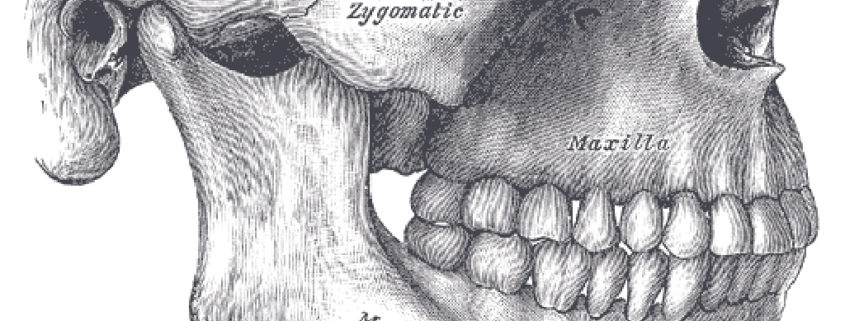Why is my jaw shrinking?
Can a person’s jaw shrink? Short answer, yes. Because the face gains a sunken or collapsed appearance due to bone reduction, it is often referred to as facial collapse. The process can take decades, and may not be immediately noticeable. A dentist is the only one who can accurately diagnose and treat facial collapse. There are a number of reasons why it could happen, the most common being:
Tooth loss
When we lose several teeth (and don’t replace them with dental implants) our body decides that we no longer need our jaw bone. As a result, it begins to reabsorb the bone and break it down, in order to reuse those vitamins and minerals elsewhere. Over time as the jawbone breaks down, it becomes less stable. This is what causes the characteristic sunken or collapsed look in the facial area. Sometimes the chin shrinks, or the area between the mouth and nose will shrink. The process takes 10-20 years, and it may take just as long to notice it. That’s why it’s important to always replace any missing teeth, and to maintain regular dental checkups.
Other causes
In addition to tooth loss, there are other things that could cause our jaw to shrink, such as:
- Periodontal disease – if left untreated, periodontitis will cause progressive bone loss.
- Osteoporosis/osteopenia – can weaken your bones, creating that same instability in the jaw as tooth loss.
- Dentures – when you wear dentures for a long time, between the missing teeth and the additional pressure they cause, bone loss can occur. Additionally, after a certain point, simply wearing the dentures will be painful.
- Cysts or bone cancer – both of these result in bones being destroyed internally.
- Teeth shifting – when teeth are lost, other teeth shift forward to compensate. Eventually, we’re gumming our food, as our chewing teeth have moved forward. Ultimately, this results in pain and additional bone loss.
Prevention
To avoid severe bone loss, always have any lost teeth replaced with a dental implant. Your body will accept the surgical screw as a “root”, thereby still seeing a need for a jaw (and not reabsorbing it). If you do have missing teeth and suspect jaw shrinkage, visit your dentist. They’ll take a complete set of x-rays and be able to tell if you are losing bone mass in your jaw. Fixing facial collapse usually involves dental implants, and bone grafts. The good news is it can be reversed with proper treatment!


